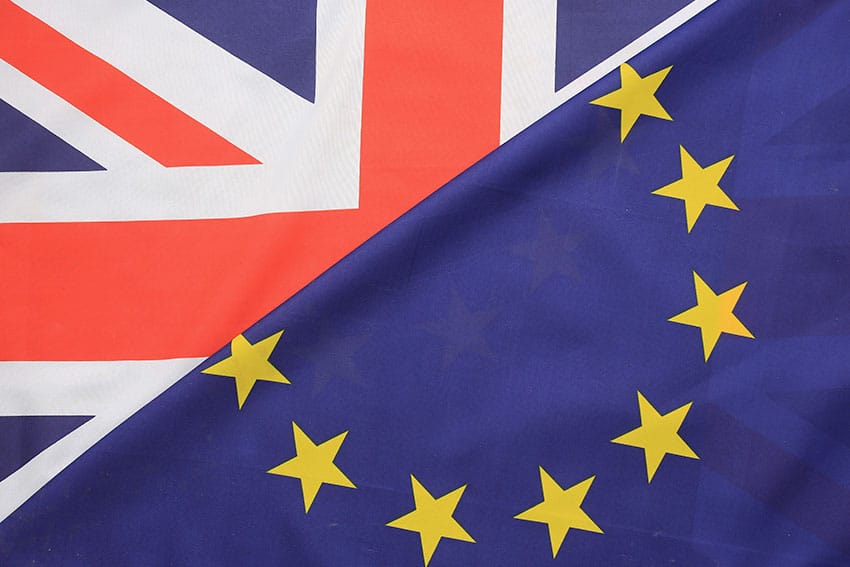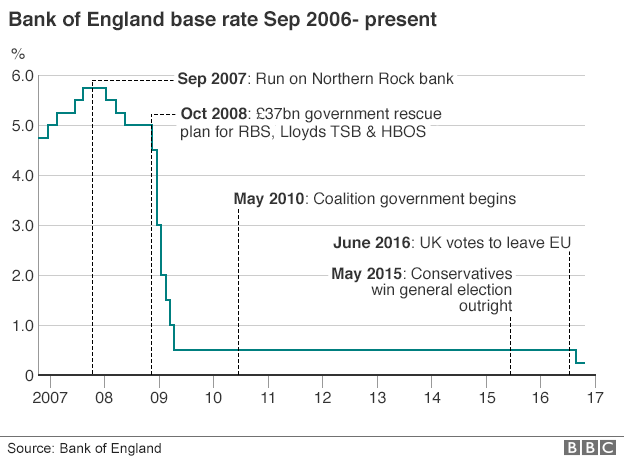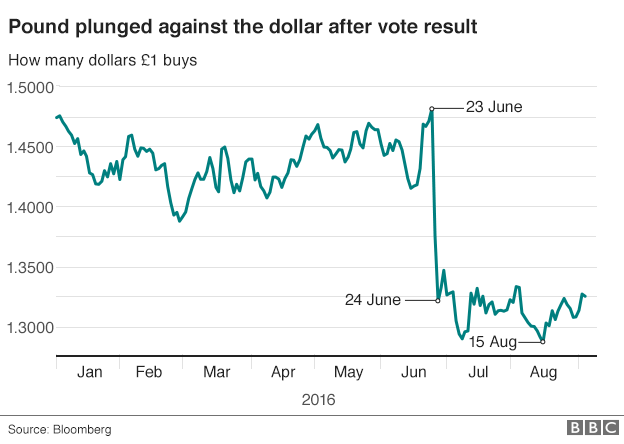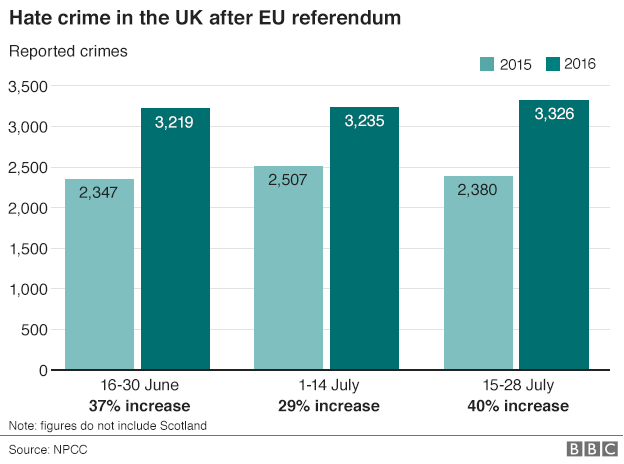
Brexit: What’s Happened Since?
It was on June 23rd that the nation decided to leave the European Union. More than 30 million people voted and although the result was extremely close – 52% leave and 48% remain, what has actually happened since the Referendum – why haven’t we left yet? Have the predictions become true?
Here we’ve highlighted the latest developments following the vote.
Why Haven’t Britain Left The EU Yet?
The UK has been part of the EU for the better part of 43 years. Being in the EU means abiding by the rules which cover transport, travel and trade and a whole lot more. Unravelling all of those laws and agreements will take time. 2018 has been suggested as the earliest the UK could leave the EU, yet it could take a whole lot longer.
What Else Has Happened Since The Brexit Decision?
SMEs & The Economy
Prior to the Referendum you may have heard economists panic and predict huge significant impacts on the UK economy and consumer confidence should the country vote to leave. But so far, the impact has been little according to the Office for National Statistics.
However, for small and medium sized businesses they’ve now become pessimistic about their future for the first time in four years, according to a survey by the Federation of Small Businesses (FSB).
Theresa May As Prime Minister
David Cameron – who had campaigned for the Remain group – announced his resignation the day after the referendum and was thereafter replaced by Theresa May. Mrs May’s new cabinet includes David Davis, Liam Fox and Boris Johnson, all of whom campaigned for Brexit and have roles focusing on it.
Interest Rates Decreased By 50%
Since the vote, in order to boost the economy, the Bank of England has taken a number of steps including slashing the interest rates from 0.5% to 0.25% in August – the first reduction to the cost of borrowing since 2009.
The British Sterling Has Weakened Against Foreign Currencies
The pound plunged against the dollar the day after the vote result – although Sterling is still currently 0.4% higher against the dollar at $1.307, a year ago it was $1.57. One of the more immediate consequences of this is that it’s made foreign holidays more expensive for British tourists while also increasing import costs for manufacturers.
The only benefit to having a weaker sterling has been to the UK’s own tourism sector, a weaker pound makes Britain a cheaper destination for overseas tourists. The travel analytics firm ForwardKeys says flight booking to the UK rose by 7.1% after the vote.
A Rise In Hate Crime
It is reported that hate crime rose by 57% in the four days after the referendum, according to police records. A staggering 3,219 hate crime and incidents were reported – however, these figures do not include Scotland. According to the police north of the border, a rise in reports has not been witnessed.



